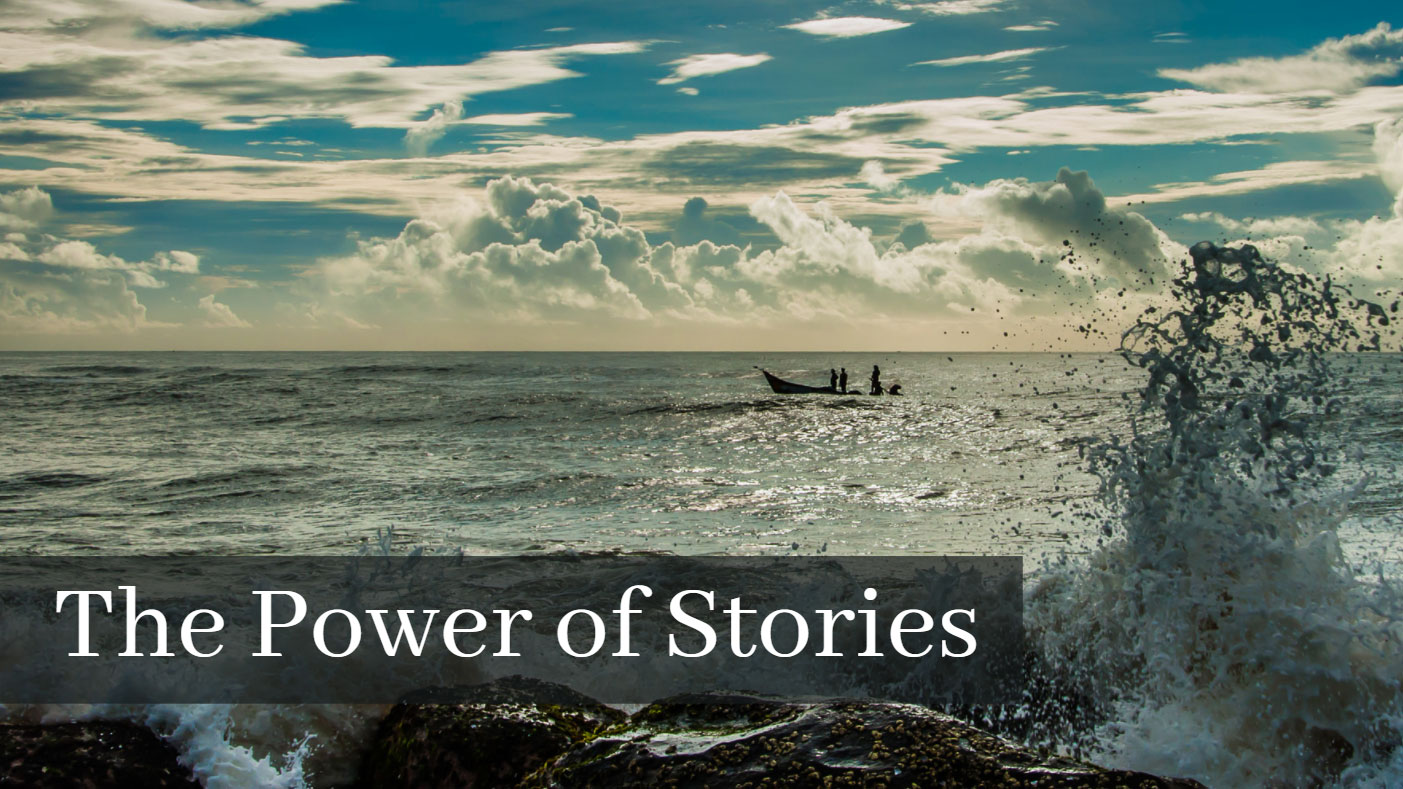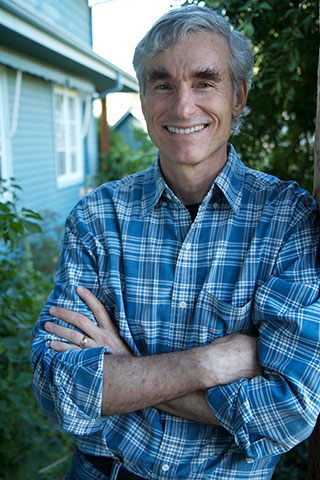BLOG
The Latest Barron Prize NewsThe Power of Stories

T. A. Barron, award-winning author and founder of the Barron Prize, believes deeply in the power of stories. His books feature heroic characters who triumph over daunting challenges and impart lessons about resilience, courage, and hope. T. A. also created the Gloria Barron Prize for Young Heroes to highlight the real-life stories of inspiring kids who demonstrate heroic ideals as they work to change the world.
Below, we’ve reprinted a piece T. A. recently wrote about the power of stories. We hope it encourages you to read, write, and share stories that explore life’s biggest questions and leave you and others inspired.
 Writers have a special power — the power of stories. Authors, at their very core, are storytellers. When we publish a book, we invite readers into a different world and tell them about what they’ll find there.
Writers have a special power — the power of stories. Authors, at their very core, are storytellers. When we publish a book, we invite readers into a different world and tell them about what they’ll find there.
Storytelling is an art form that’s not only appreciated by people who read and write stories, but also by those who listen to them. Stories provide entertainment; they can teach; they can inspire people to do something new or interesting in their lives as well as bring back memories of things that have happened in the past.
My dad was a great storyteller. He would often make us laugh as we sat at the dinner table, with his funny and irreverent stories — and nobody would laugh harder than him, his face creased in a wide smile and bushy red eyebrows raised with delight.
I learned much from him, but three things in particular: First, he never forgot the importance of humor. And second, he knew how crucial timing is in delivering a surprise, a twist of the plot, or a good punch line. Third, I learned something very important from him that has served me well as a writer and in every other aspect of life — there is no substitute for hard work. Watching my dad, who worked long hours to make sure his seven children could all go to college, I realized that any goal can be achieved if you focus your energies, persevere, and work very hard. Do the best job you can — and have some laughs along the way.
It’s because of his stories, and his life lessons, that I chose to be a storyteller myself. Writing allows me to explore — wherever and whatever I choose. It’s taken me back in time, to a distant galaxy, to the place where the sea begins, and to the origins of Merlin and Atlantis. Best of all, though, writing is a way to explore the biggest questions of life. Not to find the answers, perhaps, but to do some thoughtful exploring of the questions. The two best parts of the experience are, first, when a word or character or place or idea comes out just right — and, second, when something I’ve written truly touches someone in a meaningful way. And I’m always amazed and humbled by how much stories can mean to people! Believe me, over the years I’ve been given some truly amazing letters, comments, paintings, sculptures, music, theatrical productions, and even clothing from fans all around the world – not to mention some loving hugs – so I feel very lucky indeed to be a storyteller.
A good friend of mine, a former classics professor at Princeton, asked me to respond to this question: Can the idea of resilience be conveyed through stories?
Yes indeed, stories can convey the meaning of resilience. In fact, stories are the very best way to communicate resilience — or other core values such as courage, compassion, perseverance, honesty (with oneself as well as others), generosity, humility, and hope.
Why? Our brains are, quite simply, inclined to take in our most important ideas and moral principles through the context of stories. The more authentic and genuinely moving those stories are, the deeper those ideas will affect our lives and worldviews. When we inhabit the minds of characters and experience their challenges — even though those characters and challenges may be utterly imaginary — we learn about the power of those characters’ choices, the anguish of their moral dilemmas, the limits of mortality, and the qualities we share with people who might at first seem very different from ourselves.
It’s no accident that diverse people and cultures around the world have long embedded their most cherished values and ways of understanding the world within stories. That has been true throughout history and it remains true today. How those stories are ultimately shared doesn’t matter, whether that happens around a crackling fire or in a theater or on a computer screen or in an epic poem or through a book. We are all fluent in the language of story.
Paradoxically, while we humans are dangerously proficient in sowing division and antagonism among ourselves, we are equally proficient in telling stories that can truly bind us together. For stories have the magical ability to leap across all the boundaries of language, culture, religion, geography, and time — to connect people of any era, any place, and any description. And that’s not all: Stories that are richly imagined and vividly told can also connect us to the other, nonhuman creatures and elements that inhabit the same world as we do, our companions on the Earth’s continuing journey around the sun.
The nexus of that connection is deeply mysterious. After decades of laboring to write books, I still don’t comprehend the wondrous links between story and self, shared reality and imagination, fleeting dreams and enduring ideas. What I have learned, though, is that stories carry a great power — the power to remind us all of our highest ideals as well as our common experiences. In a world that’s too often painful, distracted, and divided, that power can give us unending wonder, context, healing, understanding, and inspiration.
And, yes, resilience.
